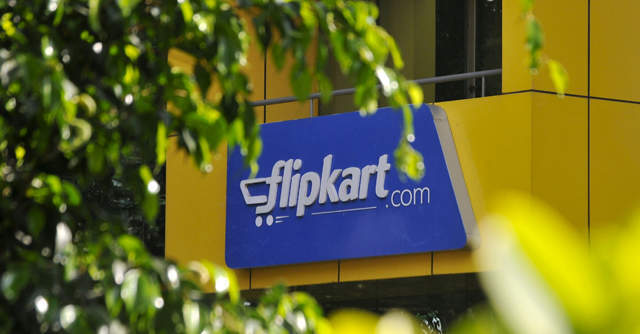
Flipkart Wholesale transactions grow 90% on the back of small town retailers


Flipkart Wholesale, the digital B2B arm of homegrown Flipkart Group, on Monday said it has recorded a 90% month-on-month (MoM) growth in transactions and a 75% MoM increase in customer base since its launch in September.
The trend, as per the statement, is the result of small town retailers choosing ecommerce as their preferred mode of business. One in every five customers on the B2B platform, it said, is from a tier 2 or tier 3 city.
“As the entire retail ecosystem was grappling with unprecedented challenges posed by the pandemic, suppliers and buyers came together seamlessly to unlock the potential of technology and ecommerce,” Adarsh Menon, senior vice-president and head at Flipkart Wholesale and Walmart India, said, with respect to the increased adoption of ecommerce at Flipkart’s B2B businesses this year.

“At Best Price, during the lockdown, we encouraged members to place orders on our ecommerce platform and have products delivered to them. We also launched a revamped Best Price app and website, and saw order volumes surge through our ecommerce channels. Our members adapted very quickly to ordering online and we believe this trend will continue going forward,” he said.
The company looks to step up its efforts to create an ecosystem that serves the growing needs of kiranas and helps Indian MSMEs access the pan-India market, he said.
Flipkart Wholesale app, which currently offers fashion products, such as clothing, footwear and accessories, to retailers across 23 cities, also launched the grocery category in NCR.

The company claims to have already recorded a 50% MoM growth in fashion category suppliers and enabled 2.5 lakh listings on its platform since it began operations.
Ecommerce adoption by Best Price members grew over ten-fold across 29 stores, with small towns such as Meerut, Kota, Guntur, Rajahmundry, Aurangabad, Karimnagar, Amravati and Vijayawada leading the fray, the statement said.
Flipkart Wholesale competes with Amazon’s B2B marketplace Amazon Business; former Flipkart employees-led Udaan; Metro Cash & Carry; and Reliance Market. It operates in the same space as venture capital-backed startups such as Bijnis, Jumbotail and Ninjacart. Walmart and Flipkart made a joint investment in Ninjacart in December last year.

